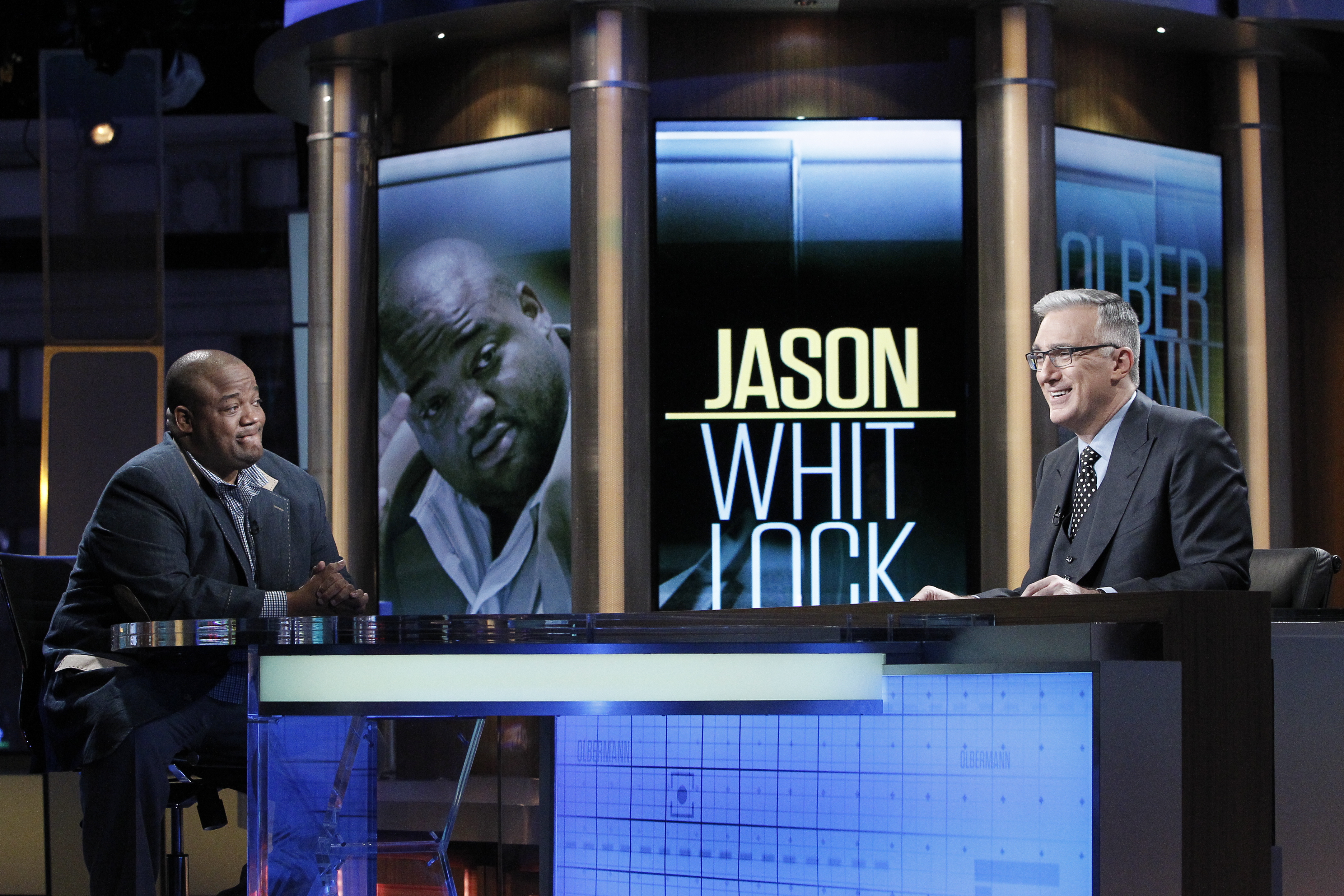My childhood was very happy. My parents divorced when I was 4 or 5 years old, but I still remember. It was my brother and I, living with my mom, but I was still very close to my dad and I was a pretty good athlete.
I played football and basketball early on and was very good at track. I was a huge Indiana Pacers fan, growing up in Indianapolis, and my love affair with the Pacers is probably what led me to newspapers.
Back then, there was no Internet, no ESPN, so I followed the Pacers with my local newspaper.
My dad was taking us to ABA games when I was just a little kid. I would imagine by second or third grade, I was following the Pacers in The Indianapolis Star and the Indianapolis News pretty closely.
So, that’s when my love affair with newspapers and reading started.
As I aged, I was on a great high school football team that was ranked nationally. We won the state championship and I got a football scholarship to Ball State University.
I originally wanted to be an accounting major. I got into a math class my freshman year and said, “Nope, I don’t want to be an accounting major.”
A friend said “Hey, dude, you love sports, you love reading the sports section, you should become a sportswriter.” And so I switched my major first semester of freshman year to journalism.
As a kid, I thought I was a professional player. But, by the time I got to Ball State, a mid-major school, I didn’t think professional football was much of an option.
When I switched my major to journalism my freshman year, what I really thought was that I wanted to be Mike Royko.
Mike Royko was a nationally syndicated columnist out of Chicago; he was a local columnist, not a sports columnist and a very popular Pulitzer Prize winner.
I loved his columns, so I wanted to be like Mike Royko, but I was playing football.
Mostly I played football and socialized. Then in my fifth year of school I joined the student paper with the goal of being the sportswriting version of Mike Royko.
By the time I got to college and right out of school, the [Michael] Wilbons and Bill Rhodens and Ralph Wileys and Bryan Burwells were doing some sports reporters-type show on BET.
And then ESPN launched a sports reporters show and they were kind of my idols from afar.
I would read Ralph Wiley because he was in Sports Illustrated, but the rest of them I just heard about because there was no Internet at the time, so I wasn’t really able to follow their work. I just saw them on TV and said “Damn, they’re sportswriters on TV. I guess that seems pretty cool.”
It didn’t stop me from becoming a professional; my being 2 inches too short and lazy stopped me from becoming a football player.
I played four years of football, and then in my fifth year, I did join the student newspaper and I covered the football team and wrote some columns.
I was a former football player, so I had more insight than everybody else. I wasn’t very good.
I remember that they lost their first game of the year and I remember predicting that they were going to struggle and it was going to be a tough year, but they went on to win the conference and play in a bowl game. Despite having a lot of insight into the team, my prediction wasn’t very good.
It made the coach very nervous that I wrote about the football team because I was kind of a “locker room lawyer guy” when I was there — the head coach and I didn’t get along all that well — and here I was writing about the team in the school newspaper.
But it turned out fine. I had a fifth year of eligibility that I didn’t use and it was partially because I had injured my knee; I played my whole fourth year with a torn ACL.
I didn’t like the head coach that much because I was like how I am as a columnist. I’m opinionated and an independent thinker and he didn’t like that. So I was like, “I’m not going to play a fifth year on a bad knee for a coach I don’t like or respect. I’m not going to be a professional.”
I wanted to enjoy college for just a year and I wanted to develop as a sportswriter. If I had liked the coach and respected him I would have played my fifth year.
It didn’t stop me from becoming a professional; my being 2 inches too short and lazy stopped me from becoming a football player.
In college, I also wrote about the basketball team. They were very good; they went to the sweet 16 that year. I wrote about field hockey; I wrote about anything because I was really at the embryonic stage in terms of the fact that Ihadn’t done any internships.
There were people on our staff that were far more experienced than I was. When you are committed to football, that’s year-round; you weren’t going to do any internships at a paper during the summer — you were working out during the summer.
I had a lot of catching up to do, so I wrote about anything they would give me. I wasn’t a prima donna or had much of an ego and I realized that I had some catching up to do.
If they wanted me to write about tiddlywinks, I did.
I think that my willingness to look at things from an athlete's perspective and write about things from an athlete's perspective kind of set me apart from a lot of the guys I was competing with.
I had an understanding of athletics that maybe some didn’t have. When I as an athlete, I was very inquisitive about the process of building team and coaching and things like that, so I was able to look at things from both perspectives. I think it gave me an advantage.
I j
I first wrote for the Bloomington Herald-Times. I was not qualified for a full-time job when I got out of college. I wasn’t very good, and I hadn’t done any internships, so the first job I could get — the only job I could get — was at the Bloomington Herald-Times making about five bucks an hour covering high school sports in Bloomington, where the University of Indiana is.
Again, I was still very raw. They took an interest in me and started helping me out. I can still remember the first article: I went and covered a University of Indiana soccer game.
The first piece I wrote was horrendous. They marked it up in red with all of the dumb stuff I had done and the mistakes I had made. There was more red than actually black.
So, I just dug in and got better.
When something that goes on in the sports world goes along racial lines, I wanted people to think “Oh, I want to see what Whitlock has to say.”
After a year of writing various stories, The Charlotte Observer interviewed me and gave me a job covering high school sports for them at one of their bureaus in South Carolina.
That was my first full-time job and I think I got paid $403 a week. I was a growing boy; it was hard to eat on $403 dollars a week.
Starting in smaller markets is the route to go. There are a lot of people that study at journalism school and say “Oh, I think it’ll be cool,” and they get out of school and they find out they have to go to a small market and this is particularly true for African-Americans.
We want to be in a big city where there are a lot of African-Americans and a good social life and we say, “No, I am not going to do that.”
I wanted it so badly that I didn’t care where I had to go to get a job. I wrote nearly every newspaper in the country looking for a job.
You go to a small market like that, and particularly for someone like me who wasn’t very good, it was a great place to learn and hone my craft.
When I did get to a major market, I would be better than someone that came out of college and goes to a major market and has to do all the learning that I did in the minor leagues.
I thought it was great that I spent a year and a half in Charlotte. I really got some intense editing from a guy named Bill O’Connor and improved.
Next, I got a job at The Ann Arbor News, covering the Fab Five basketball team and Michigan football.
I was willing to go wherever the career took me. A lot of people say “Oh, I want to work in my hometown,” or “I want to work near my family” or “Oh, I have this girlfriend or boyfriend and I can’t go far from them.”
All those things will limit you and probably leave you out of the profession at some point.
I was all in on being a sportswriter and I went to Ann Arbor, Michigan, and that was a great break.
The Fab Five was a major national story and the stuff I wrote got a lot of national attention. All of the sportswriters around the country would come in to cover the Fab Five, they’d pick up the local paper, and again, this was before the Internet.
Dick Vitale would read my stuff and might reference me on television, so it was a great experience.
My two years there got me a columnist job at The Kansas City Star, which was my big break.
I’m going to be honest, I was really ready and I was a finished product when I got to Kansas City. I had figured out what I wanted to be as a sports columnist and how I was going to execute my game plan to be the Mike Royko of sports.
If you went and looked at the first column I wrote for The Kansas City Star, it reads like prophecy. I explained what I was going to do as a columnist and how I was going to treat the column and the readers like we were in a relationship. There will be ups and downs to our relationship and some days you’ll love me, some days you’ll hate me, some days you’ll blame me for everything that’s going wrong with the team, blah blah blah.
That column stands the test of time for what I did in 16 years in Kansas City.
That is still is my philosophy to this day as I work here at ESPN and I believe that you must have a niche that you dominate.
When something happens in the NFL, people think “Oh, let me see what Peter King says.” Everybody has to have something like that, and for me, I knew it was going to be the intersection of sports and culture and sports and race.
When something that goes on in the sports world goes along racial lines, I wanted people to think “Oh, I want to see what Whitlock has to say.”
As it related to Kansas City, the Chiefs were the biggest thing there and I wanted to associate my brand and my writing with the Kansas City Chiefs.
When stuff happened to the Kansas City Chiefs, I wanted people thinking Jason Whitlock. And so I did that.
I was a former football player; it was a natural thing for me, so whatever the big things were in Kansas City and that area — Roy Williams, college basketball at Kansas, whatever — I tried to be the dominant voice on those things.
I also believed and still believe that, as a journalist, our job is to make the comfortable people uncomfortable.
I don’t think that’s talked about anymore because corporations are in more control of the media that’s been diminished, but that is the media’s role.
We should be a thorn in the side of the very comfortable people in our society. It’s not because we hate them; it’s just too much power and money and influence leads to corruption. We need to be that system of checks and balances, and so I tend to fight up.
Jason Whitlock on the set with host Keith Olbermann (photo credit: Lou Rocco/ESPN Images)
I tend to stir the pot; I tend to question authority and question establishment.
I worked at ESPN for six years, left for seven years and during the six or seven years that I left, I was a thorn in ESPN’s side. Not because I disliked ESPN but because ESPN has been the world’s most powerful institution in sports and it needed to be questioned by someone with stature and credibility.
I think a lot of people think I stir the pot, but I just think differently and I’m not afraid to think differently.
I think most people are sheep, and again, one of the things that I like to tell young journalists is if you’re going to be a journalist and not just a writer, you have to be comfortable when other people are uncomfortable around you.
Too many people enter this profession hoping that they’ll walk into a press box or walk into a locker room hoping that everyone is happy to see them. I don’t really care. … I want my family to be happy to see me; I want my friends to be happy to see me; I relatively want my coworkers to be happy to see me, but the people that I cover, it’s not that I want them to hate me, but I don’t care what they’re feeling.
I also believed and still believe that, as a journalist, our job is to make the comfortable people uncomfortable.
It’s my job to be a journalist; it’s my job to question them. For so many people it’s in their personality, not saying they’re wrong for their personality, but it is the wrong personality to be a journalist.
They want to be liked and they want everyone to feel bubbly inside when they enter a room. Go be a doctor or something like that, go be a therapist or whatever.
Journalists should be comfortable when people are uncomfortable.
In 2007, when Don Imus made those comments about Rutgers' [women’s basketball team] and “nappy-headed hoes,” I wrote a column that said that what Imus said was bad, but how we as we as black people talk to each other and what we say to each other is far more important.
I was on Oprah Winfrey and things like that. And a lot of people didn’t like it, particularly in the black community. They thought I had sold out, but, it’s what I believed.
It’s not about stirring the pot; it makes logical sense that Don Imus is irrelevant in the black community.
We don’t listen to his show; he has no real influence over us. Yeah, what he said was stupid and inappropriate, but black people calling each other the n-word, bitches and hoes and all this other stuff, that has real impact, and that should hurt more than what Don Imus has to say.
The thing I’ve written that I’m most proud of was in 2008, I wrote a piece for Playboy Magazine about mass incarceration and the impact it’s having on black and brown people in America, and why it’s inappropriate, and just the pervasiveness of prison culture in perverting the African-American and brown culture.
That piece was ahead of its time and very well-reported and well-written. Playboy didn’t present it properly. But it was a very good piece and I think the best thing I’ve ever written.
They put an exploitative headline on the cover of the magazine that said, “Jason Whitlock on the ‘Black KKK,’” which the piece wasn’t about at all.
The words “Black KKK” never appeared in the story. But, that’s the era we live in.
I’m willing to defend them in this. When Sean Taylor, the Redskins safety, got killed, I wrote a piece before they had arrested anybody saying, “Look, more than likely, some black kids did this. And we know it, and we need to have a discussion about black-on-black violence and that we have, through prison culture, we’ve embraced a new kind of KKK. It’s not white guys in white hoods terrorizing us, it’s little black kids in white T-shirts.”
And so, I wrote this about Sean Taylor. That’s one of the stories I wrote that made Playboy interested.
They thought, “Hey, we should get Jason Whitlock, he’s provocative, he’s fearless.” So, they said I could write whatever I wanted. They thought I was going to write something that was an extension of my argument about the “Black KKK.”
But, I told them, very clearly, “No, I’m going to write about mass incarceration and blah blah blah.” And so, they had an idea of what they wanted and I wrote an article with something different.
I never left The Kansas City Star the first time I started at ESPN; I had just started writing in 2001 or something. I was writing part-time for them — they had this thing called “Page 2,” where Bill Simmons, Ralph Wiley and Hunter S. Thompson wrote, and I was part of that. So, that was just a part-time job.
I also appeared on “The Sports Reporters” and some of the other shows. And so, I did that originally because I could see that the Internet was going to be very important to journalism, and wanted a strong foothold.
I could see that newspapers weren’t doing much on the Internet, and were kind of blowing it off; I wanted to build an Internet following. I saw it as a way to keep my local column in Kansas City and have this national column for ESPN. And that was my thinking about why to do both.
I wrote the NBA All-Star Weekend column for AOL Sports. It was in Las Vegas, and it was a hot, gang-infested mess, and I wrote a column pointing that out.
It sparked a lot of discussion and a lot of outrage, because a lot of people were aware it was a hot mess in Las Vegas, overrun by a thuggish element, but people were afraid to write about it. It sparked a big discussion and it irritated David Stern and the NBA establishment. That was probably the most provocative thing I wrote at AOL.
My departure from ESPN was probably more premeditated on my part than what the public narrative is. I wasn’t paid properly, respectfully, at ESPN.
I think that they thought they were doing me a favor, and so, after a long period, several years of “Hey, this isn’t what you promised me,” they wouldn’t budge.
Then things on “The Sports Reporters” with Mike Lupica weren’t going well, and so I had figured out that I could make more money writing my part-time column for AOL Sports.
I’m sure I’ve said many things I regret, but what you need to keep in mind about me that’s different than most is that I’m 47, I’m not married and I don’t have kids. I can be more provocative and fearless than many of my peers, who are married with kids.
So, I moved into a position of “OK, I don’t care what they think about me.” I got into an interview with The Big Lead and said what I thought, knowing that there would probably be repercussions, but I didn’t really care at that point.
I’m sure I’ve said many things I regret, but what you need to keep in mind about me that’s different than most is that I’m 47, I’m not married and I don’t have kids.
I can be more provocative and fearless than many of my peers, who are married with kids. The repercussions that they suffer affect other people. Here, it’s just me.
I feel like I can take care of me. I don’t live with a lot of fear, and I’ve done some things over Twitter, like Jeremy Lin, that I certainly regret and wouldn’t do again, but journalistically, the things I’ve done, I don’t live with those regrets.
I’m not trying to fashion the perfect journalism career, I’m trying to mostly provoke a discussion about things that American society is doing, and inhibiting segments of society from reaching their potential and America from living harmoniously.
I’m having success doing that in my field of sportswriting and so, I don’t have any regrets.
ESPN has far more of a commitment to written content than Fox Sports. I don’t think Fox Sports understood how important writing was to me. They were launching a television network and that’s what they were most concerned about. I don’t think they fully understood the value of written content and what I provided.
ESPN understands that better. People like Dan Le Batard, a good friend of mine, helped me think through and talk me through how returning to ESPN wouldn’t be a sellout move by me, that you can do provocative and fearless journalism at ESPN.
ESPN’s commitment to written content is so much more than Fox Sports that I don’t feel like I had a choice.
I am a fan of the Indiana Pacers; I’m a fan of Tiger Woods. I love watching LeBron play. There are a lot of athletes I like and I enjoy watching them play. But, at the end of the day, I’m a journalist, and it’s not personal.
And so, I’m a huge Indiana Pacers fan. If Paul George is having off-the-court problems that are affecting his play on the court and affecting the Pacers, I’ll have no problem writing about that even though I’m a hardcore Pacer fan. No problem talking about it, no problem holding him accountable.
Even as a fan when I was a kid, I always wanted to hold my teams accountable, I always wanted people fired or questioned for the dumb things they did. To me, that’s what a true fan wants.
I’m going to be launching this website that will be directed at African American sports fans, and I think that that will
1: foster an environment where we as African Americans can do some self-analysis, and
2: I think it will help some people in the African-American community understand where I’m coming from.
I feel like sometimes people think “You’re too tough on us; you’re too tough on black people.”
And I think, by doing this website, they’re going to see that it’s tough love, it’s not disrespect. It’s belief and self-confidence in us that we can handle self-examination and some of the things that we are doing in our culture. That’s healthy for us. I think that if things go well, my voice on black cultural issues will get stronger and more respected.
And I think I’m already there, in my sports and culture niche. I think that’s what I’m known for. I mean, I do a lot of other things but I think that that’s what I’m known for and that’s where I want to be. I’ve wanted to exist in that space for my entire career.
I don’t think at 47 there are any more short-term goals for me. Again, I think I see myself as a more influential voice in black cultural issues. I see this website having a voice in cultural issues in all racial demographics, but very crucial for the African-American demographic.
I see myself writing and podcasting and doing a little TV. Having a voice and still being a thorn in the side of the establishment.
You have to remember that broadcasting is, to me, mostly for entertainment. It’s for marketing your written content; for marking the other stuff that you do.
I’m a journalist at the end of the day, so I believe in the written word, I believe in newspapers and I believe that the most important conversations and analysis happens in writing.
But, I do think that the things you do on TV can elevate your reach as a writer and it’s important.
I think that we’re reading more than ever, we’re just reading it on the Internet and in different forms.
broadcasting is, to me, mostly for entertainment. It’s for marketing your written content; for marking the other stuff that you do. I’m a journalist at the end of the day, so I believe in the written word, I believe in newspapers and I believe that the most important conversations and analysis happens in writing.
We’re reading with more immediacy than previously intended, and so, while some of it isn’t as thoughtful, we will eventually figure it out: How to be thoughtful on the Internet, the same way we were thoughtful in the newspapers.
With newspapers, there was time to stop and think because you had a deadline and then 24 hours until the next deadline. You had all that time to think before you published again. On the Internet, people don’t take the time to think because they’re constantly publishing, like Twitter, and they’re constantly updating whatever.com.
I do think places like ESPN, very smart people that have the resources that understand it’s important to finance projects like mine, like Bill Simmons with Grantland, and Nate Silver with FiveThirtyEight — sites that aren’t attached to the news cycle and can be more thoughtful.
I think we will see a resurgence of written media, but it’s just going to take some time. It’ll be on our phone rather than a piece of paper.
My advice [to young journalists] would be to really understand and study journalism. So many people are focused on how they can capitalize on all of these new opportunities in journalism, but they have virtually no understanding of what journalism is.
Journalism is central to our democracy, without it there really is no democracy, and so I sit back and listen to many of the lessons I was taught in school about Russian propaganda and about how they controlled the media. All you got was propaganda.
And many of those things are relevant to America now because corporate interest is so influential in the media that we are being fed a lot of propaganda. We can blame corporations and say it’s inevitable, but it’s really about the individuals within the systems.
If the individuals are strong and actually push for real journalism, the media outlets will let you do it, but you have to be steadfast, you have to believe.
Journalism used to be a calling, it was a way of serving the country, it was no different than joining the military. Now, it’s more of an opportunity, like, “Hey, I can make some money.”
It’s funny, coming from someone like me who makes a great deal of money doing this, but I didn’t get in this to make money.
I don’t think if people examine my actions throughout my career, I haven’t made the quick financial decisions; I’ve tried to stay true to journalism.
I would advise young people to really have a commitment to journalism, understand what journalism is, don’t look at it a “Man, hopefully one day I can be on TV and be famous and get to go to games and talk to Kobe and talk to LeBron” or whatever.
Get in this to be journalists. It’s truly important for the future of America. If we bow to the values and morals of Wall Street and the rest of society, we’re toast.
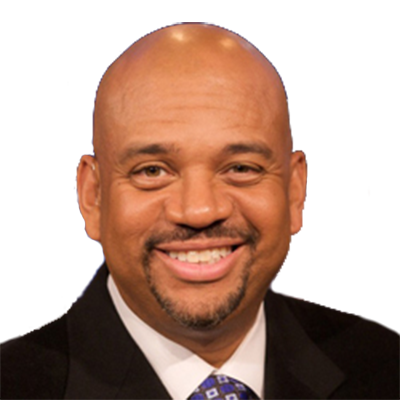 Michael Wilbon
Michael Wilbon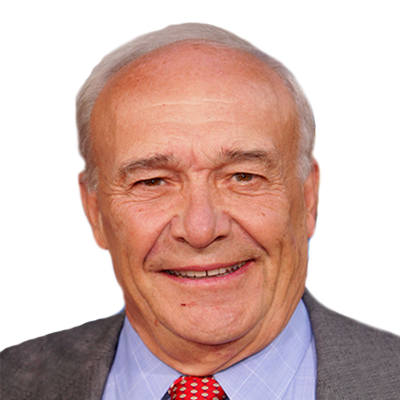 Bill Nack
Bill Nack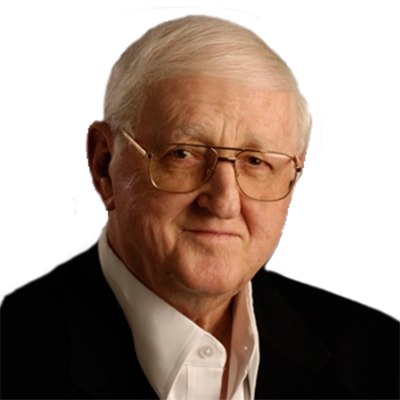 Dan Jenkins
Dan Jenkins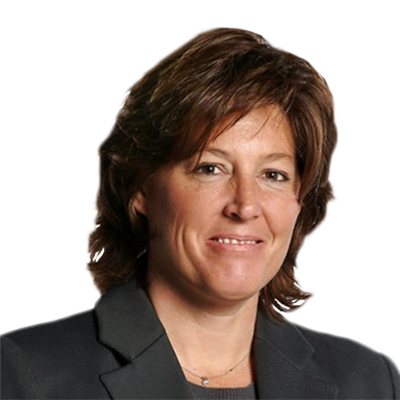 Sally Jenkins
Sally Jenkins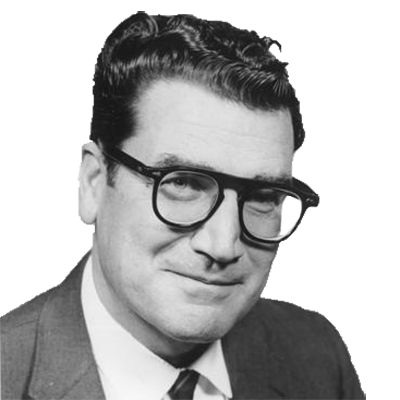 Jim Murray
Jim Murray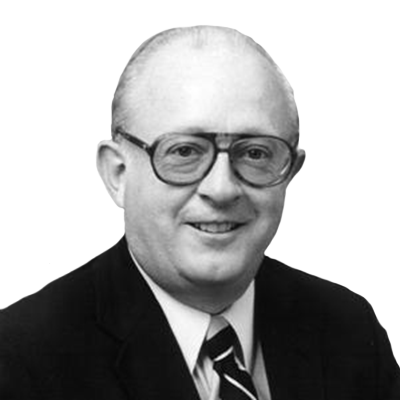 Dave Anderson
Dave Anderson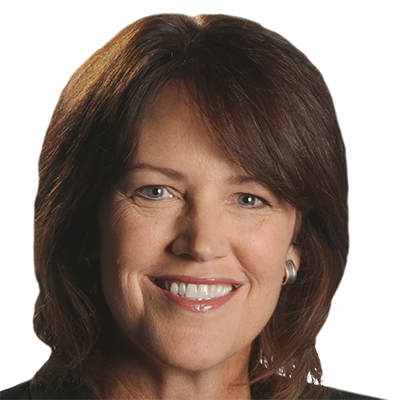 Christine Brennan
Christine Brennan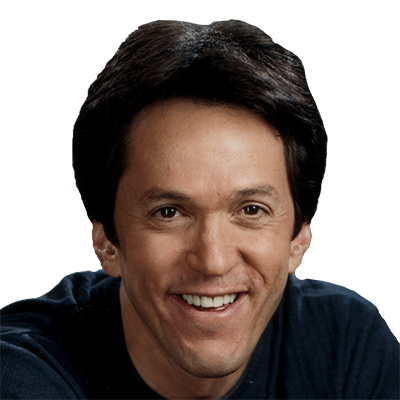 Mitch Albom
Mitch Albom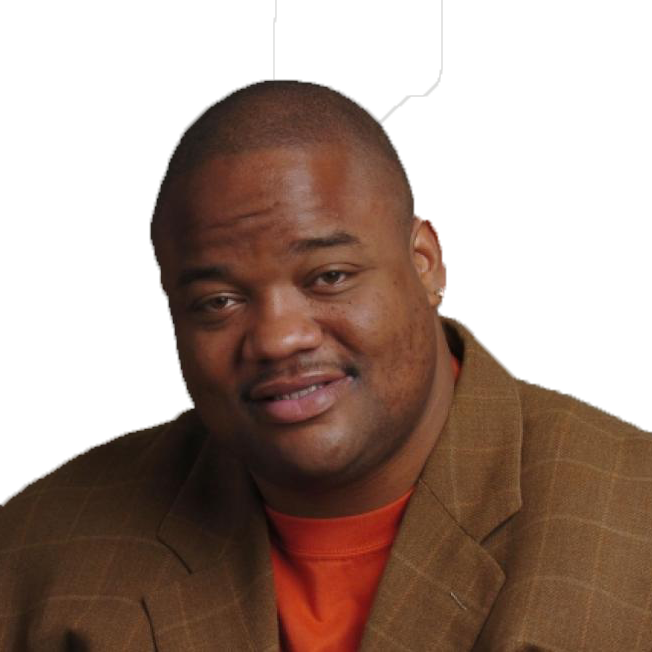 Jason Whitlock
Jason Whitlock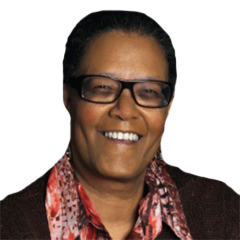 Claire Smith
Claire Smith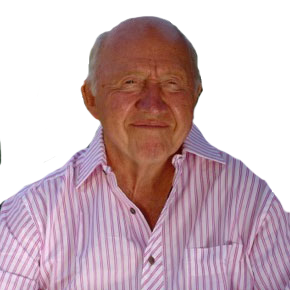 Bud Collins
Bud Collins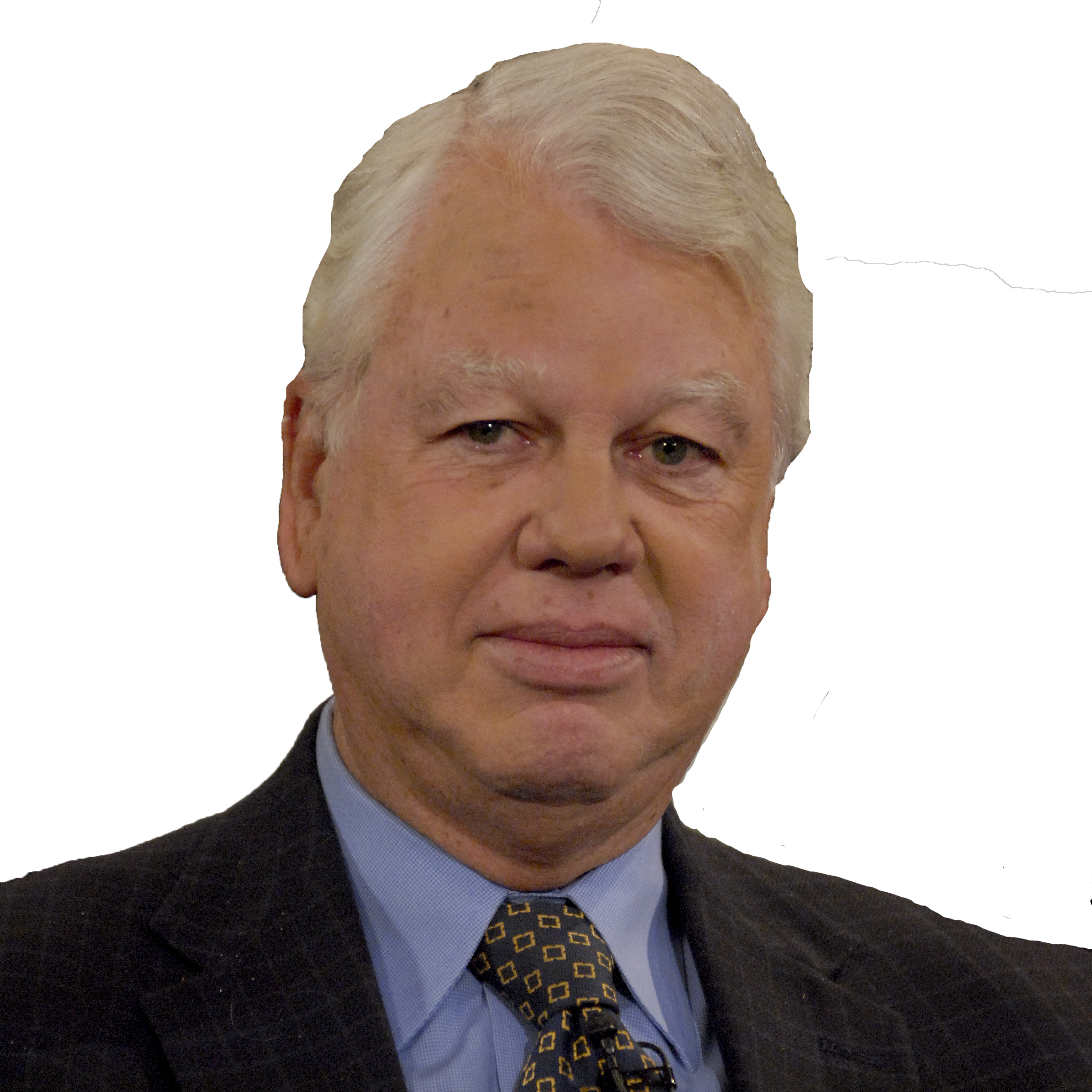 Bob Ryan
Bob Ryan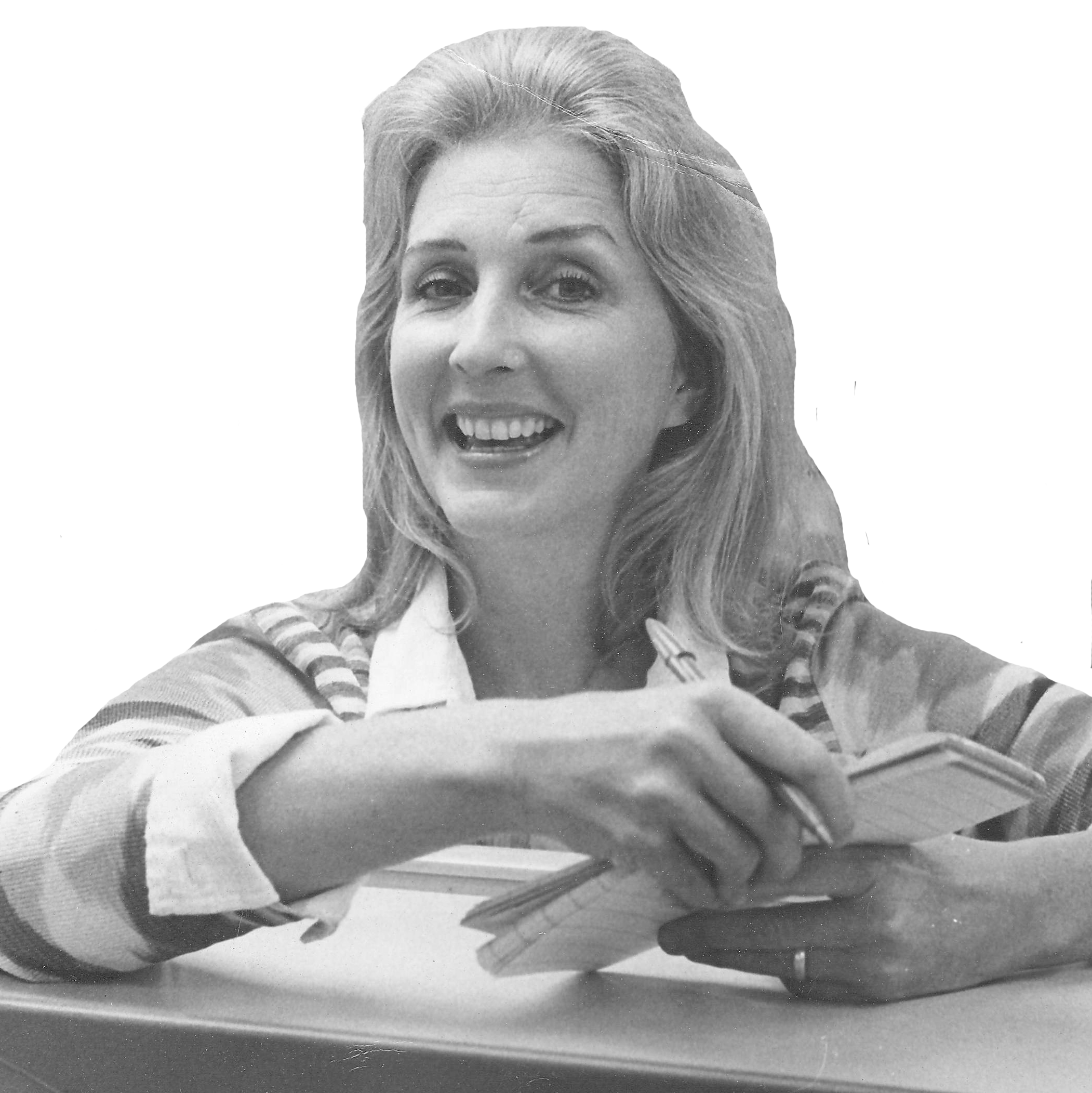 Joan Ryan
Joan Ryan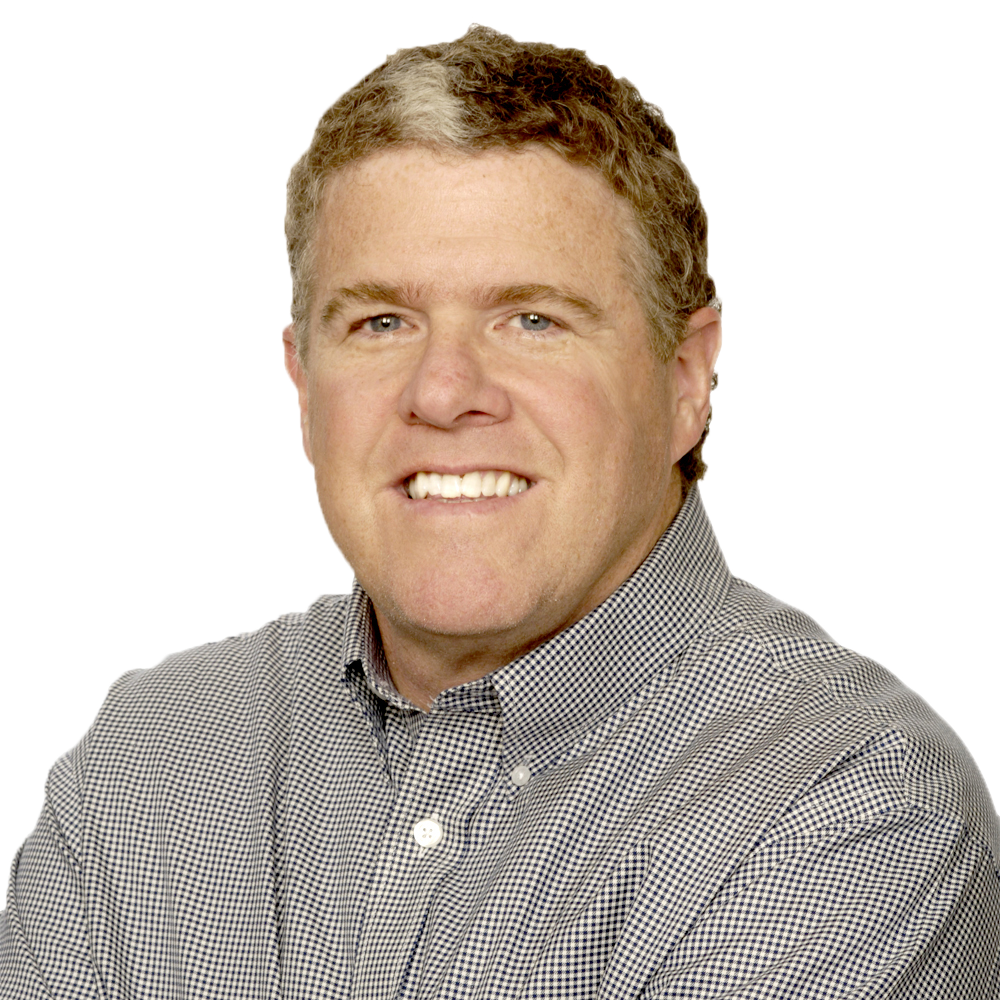 Peter King
Peter King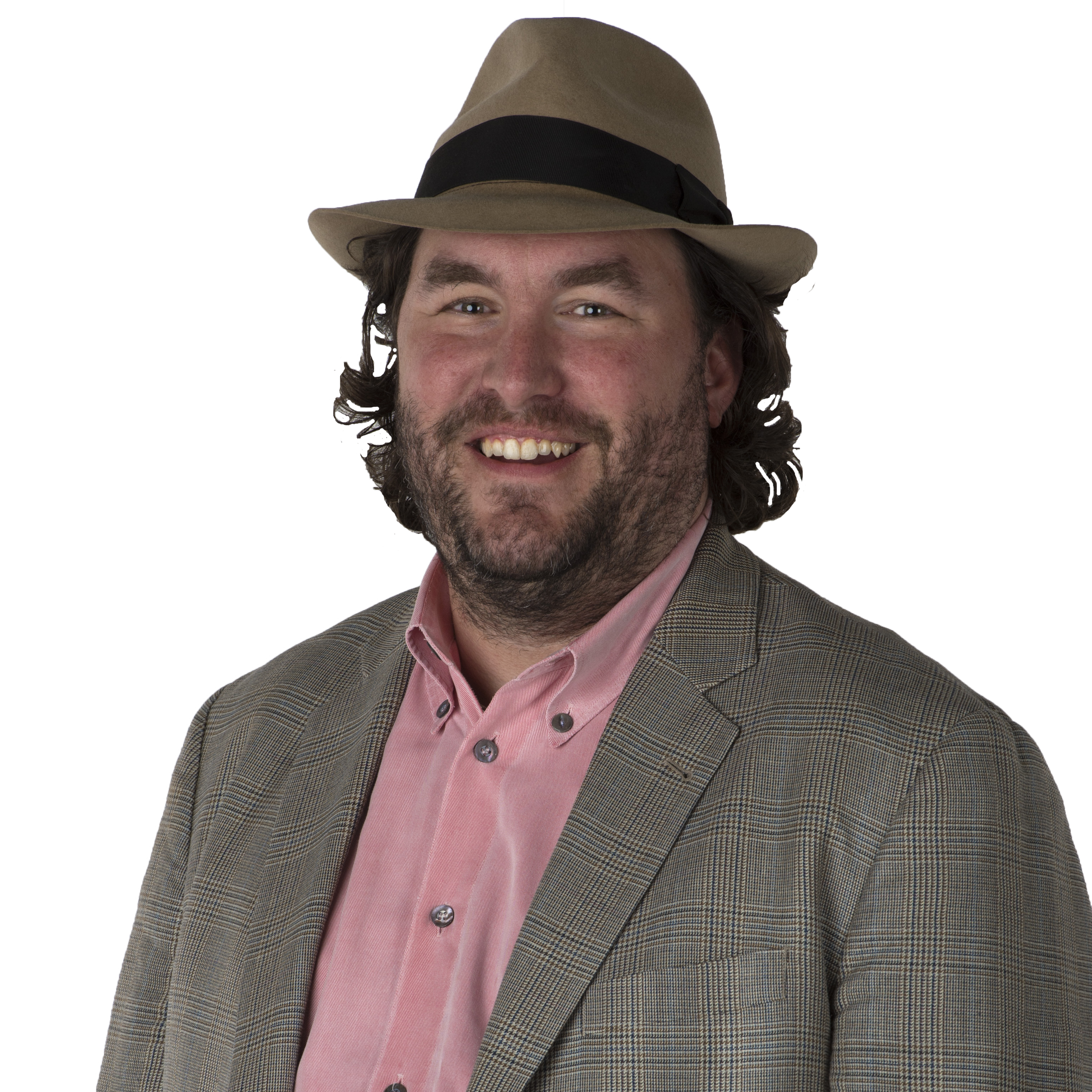 Wright Thompson
Wright Thompson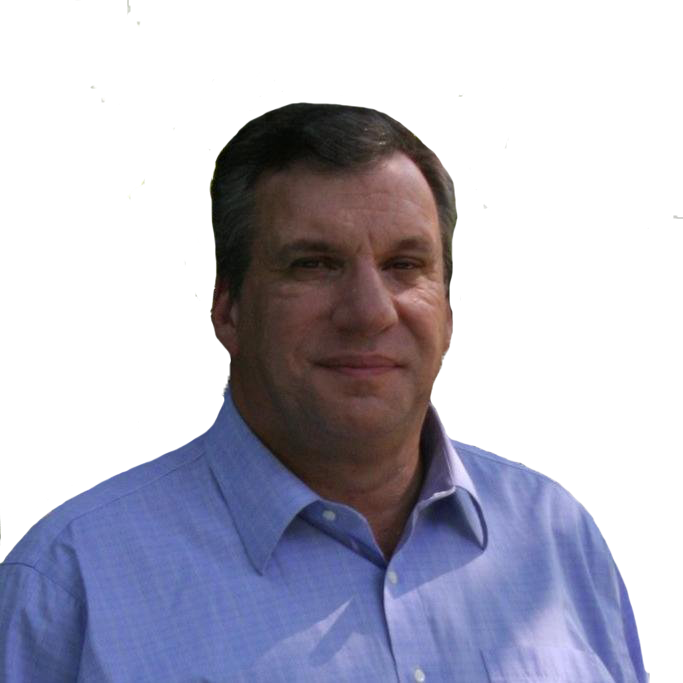 John Feinstein
John Feinstein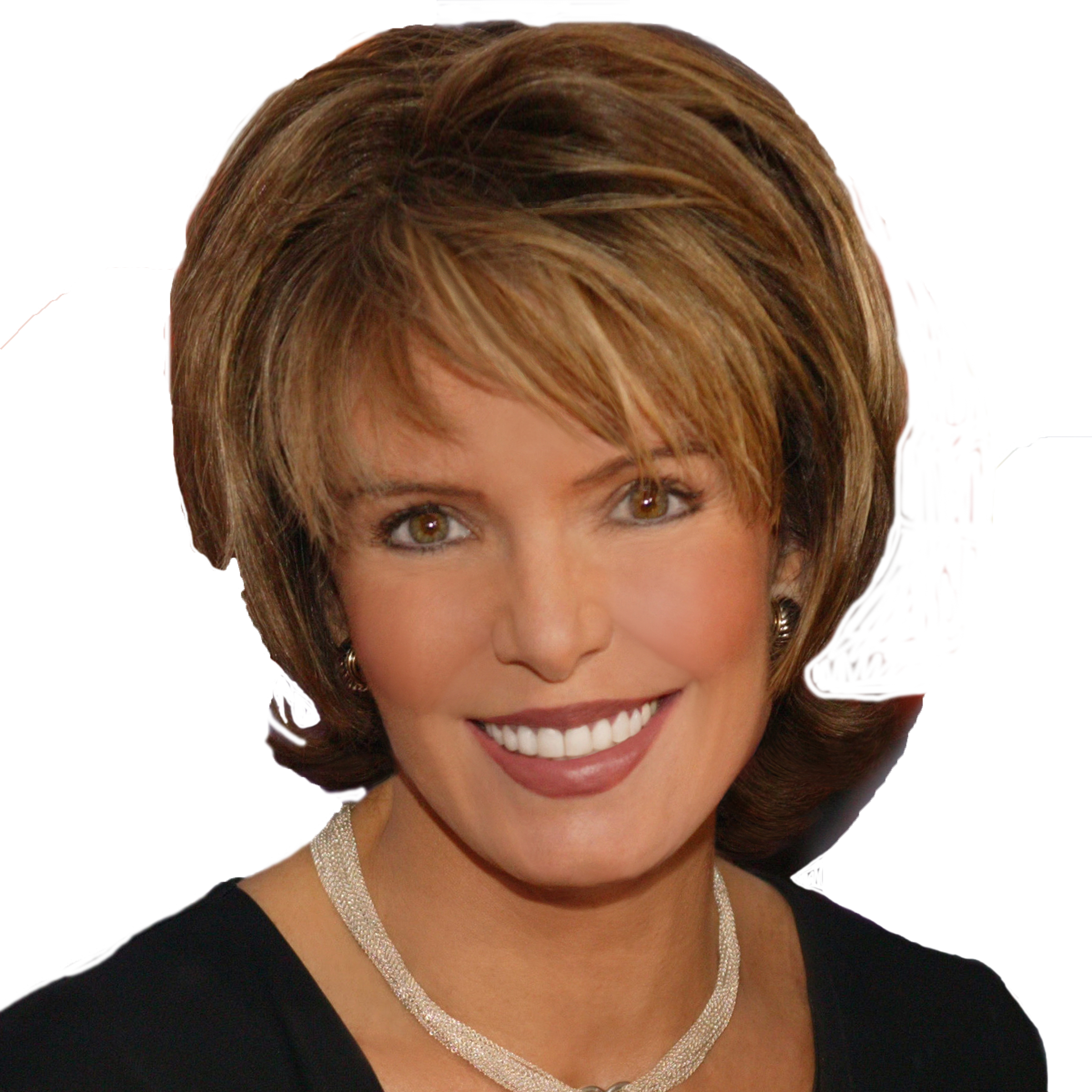 Lesley Visser
Lesley Visser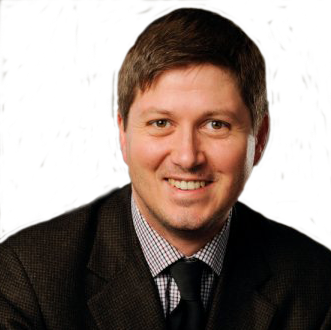 Will Leitch
Will Leitch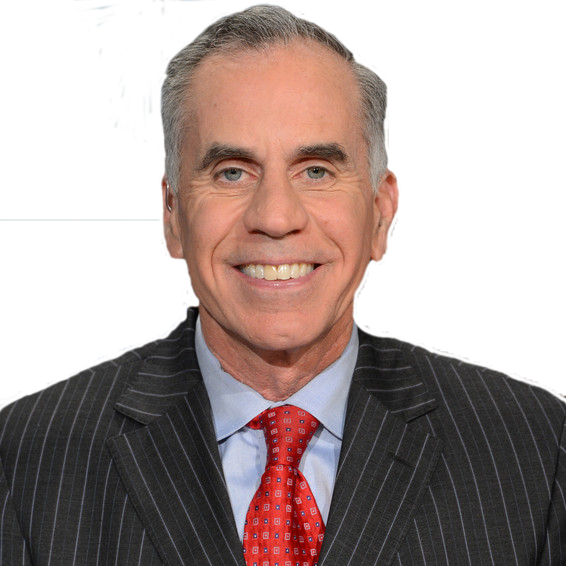 Tim Kurkjian
Tim Kurkjian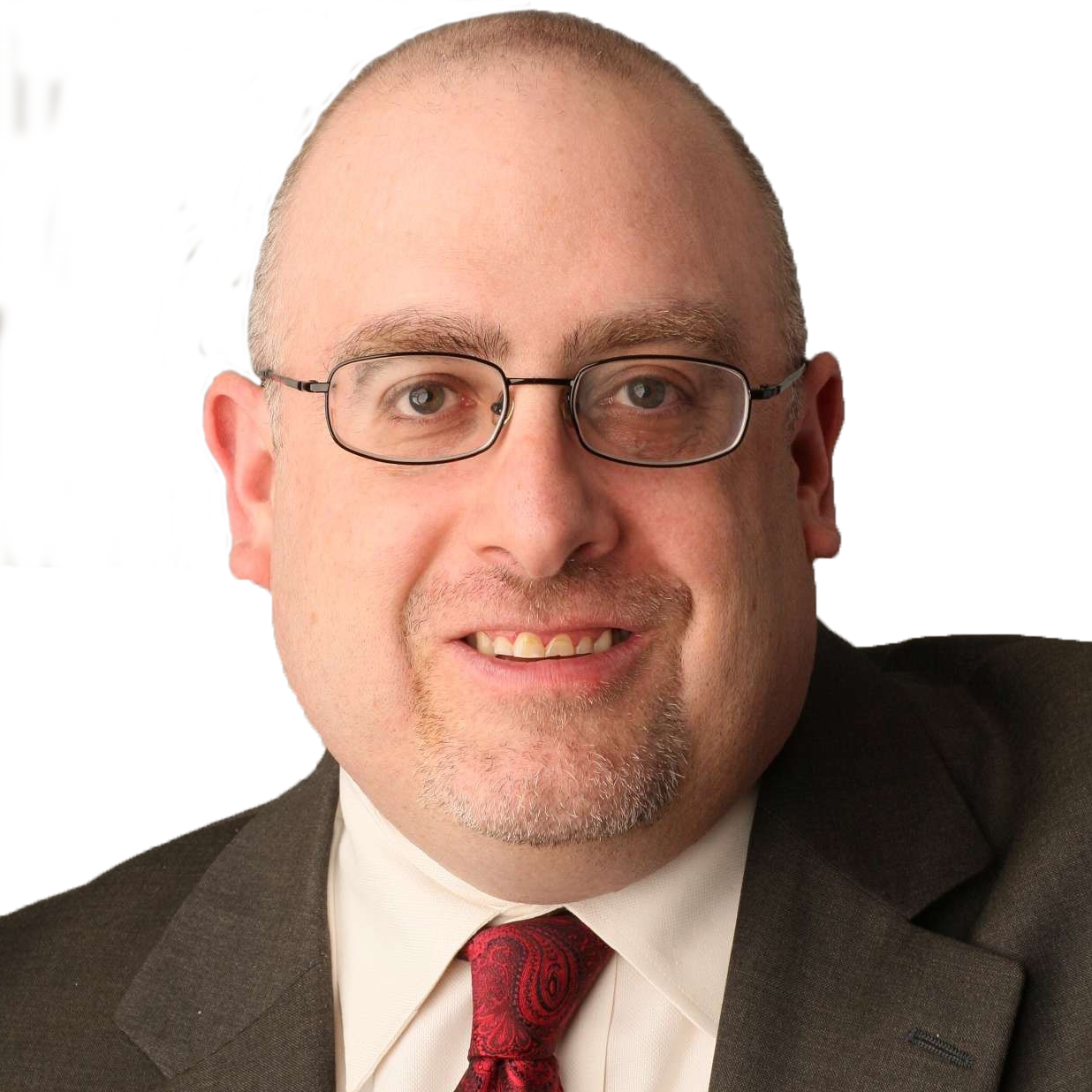 Joe Posnanski
Joe Posnanski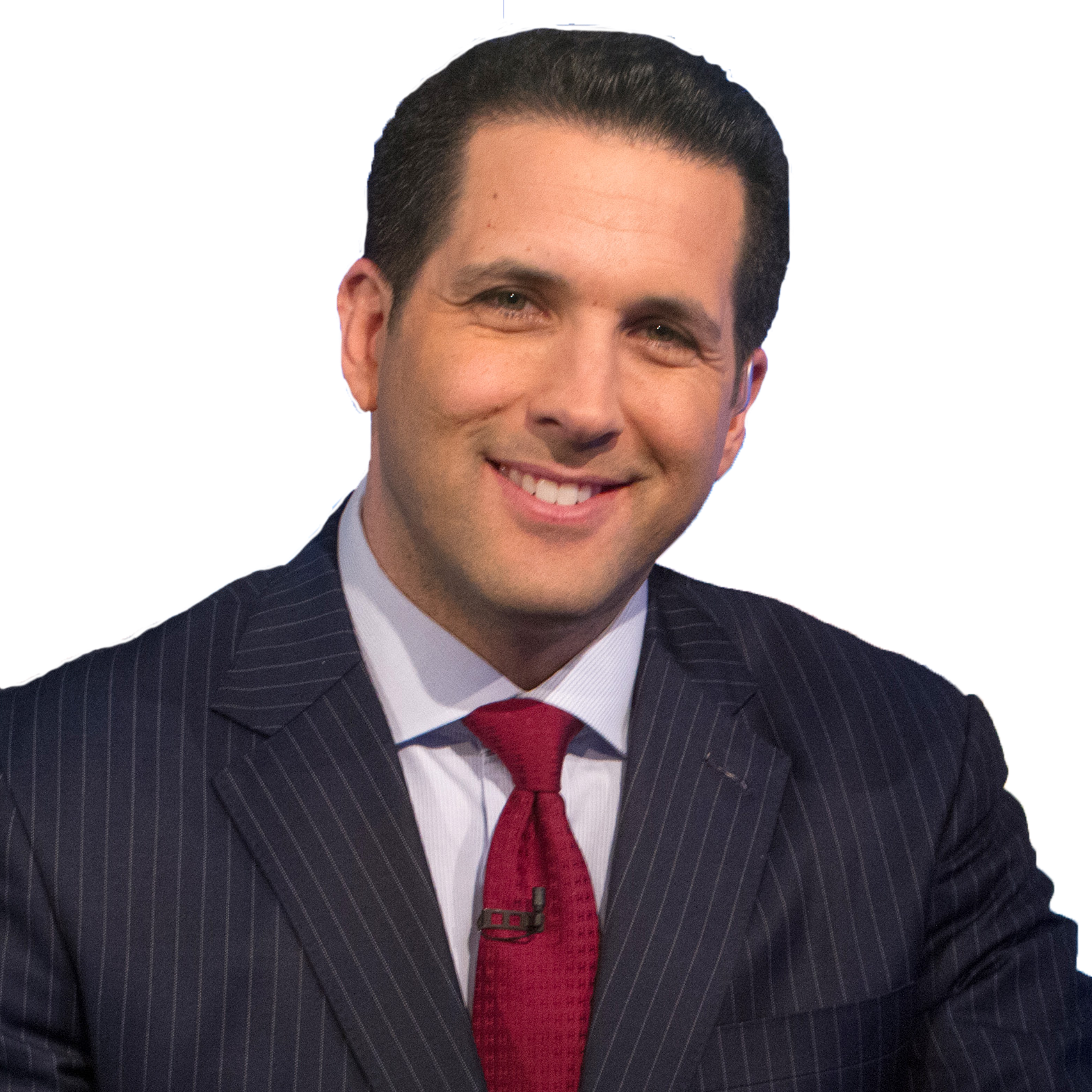 Adam Schefter
Adam Schefter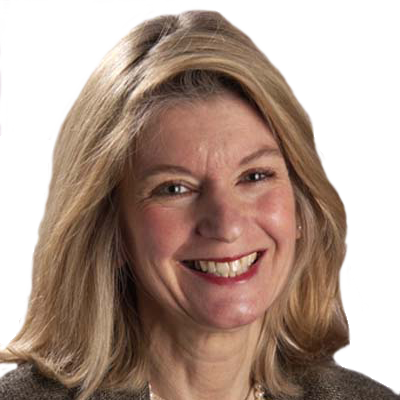 Terry Taylor
Terry Taylor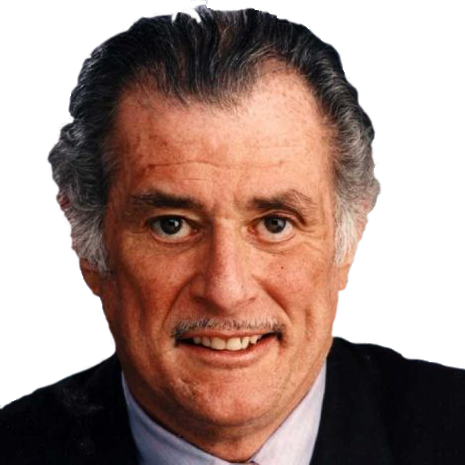 Frank Deford
Frank Deford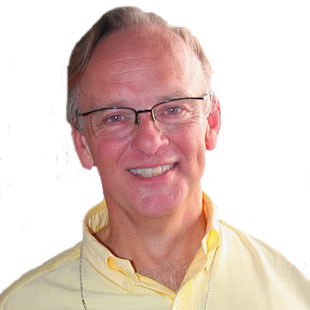 Tom Boswell
Tom Boswell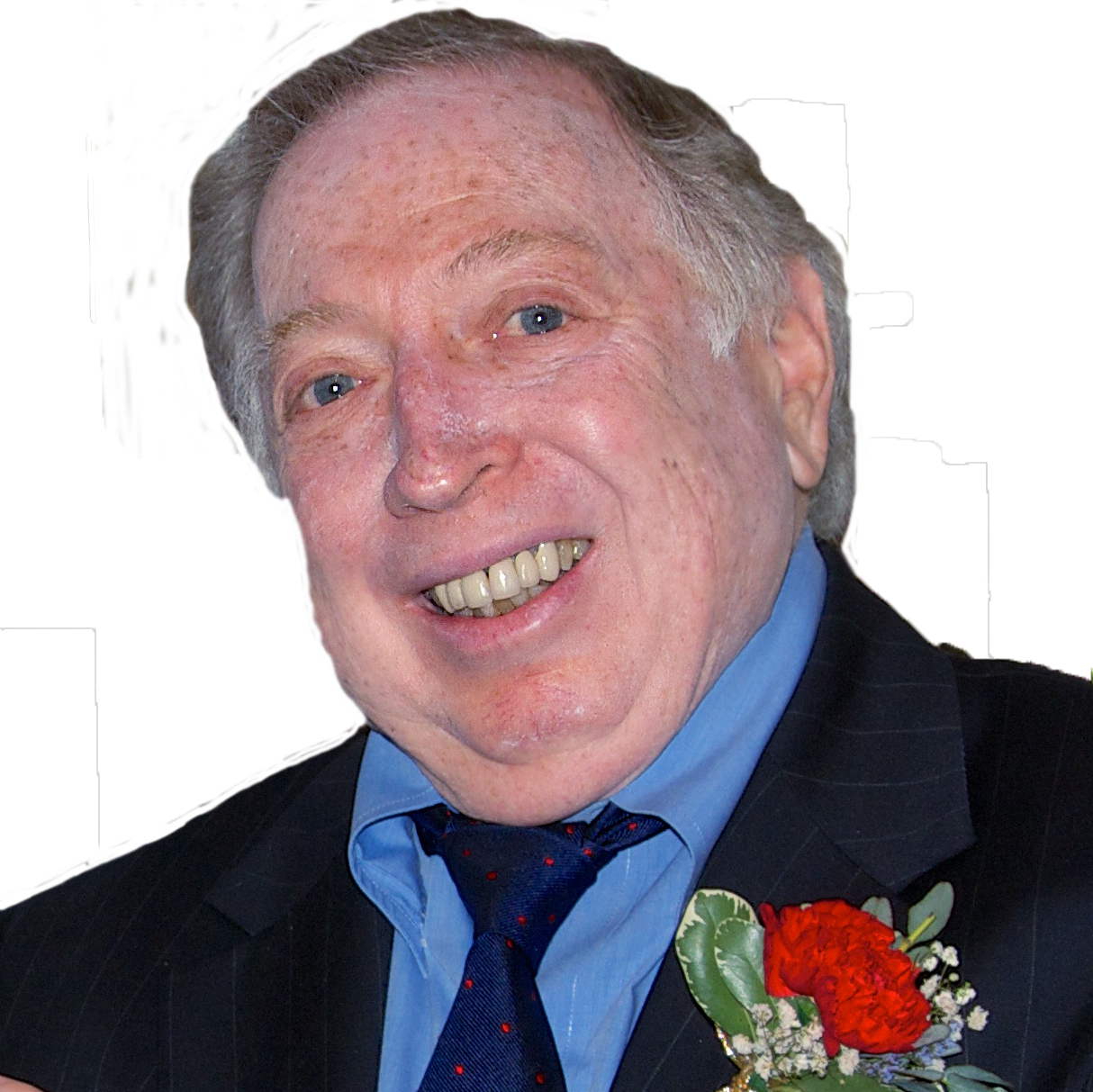 Neil Leifer
Neil Leifer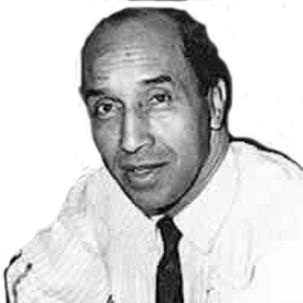 Sam Lacy
Sam Lacy Jane Leavy
Jane Leavy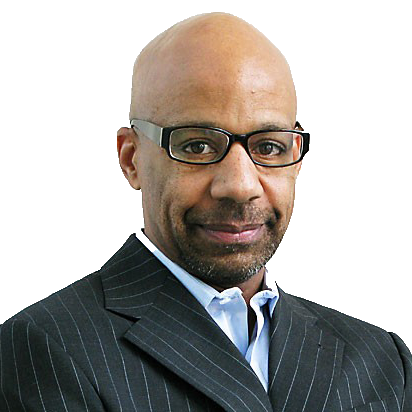 Kevin Blackistone
Kevin Blackistone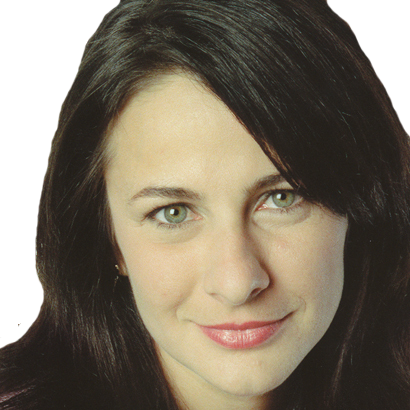 Juliet Macur
Juliet Macur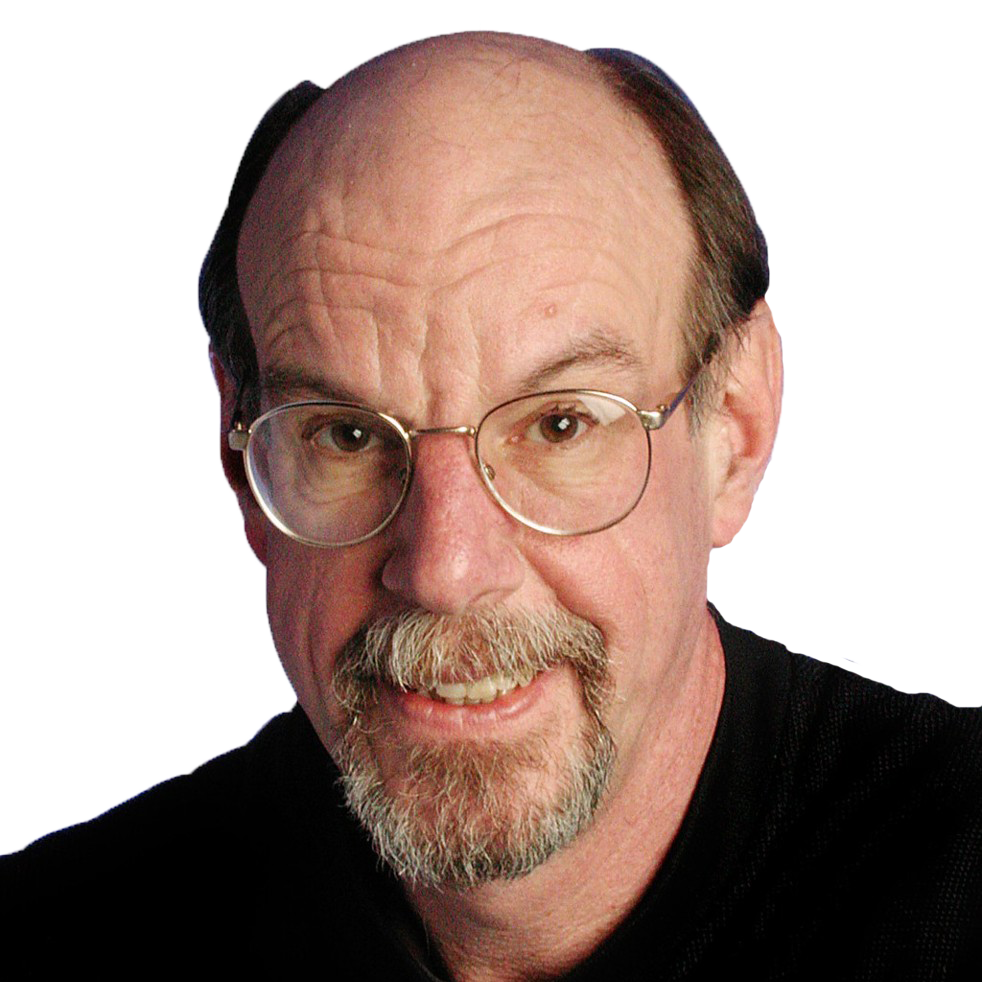 Andrew Beyer
Andrew Beyer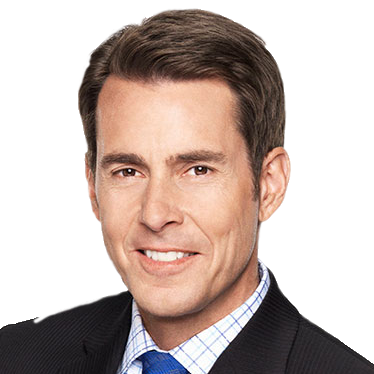 Tom Verducci
Tom Verducci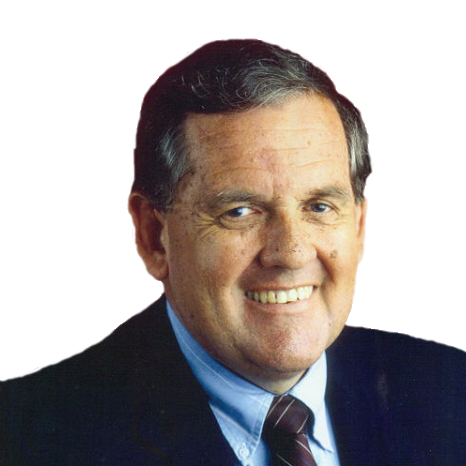 Hubert Mizell
Hubert Mizell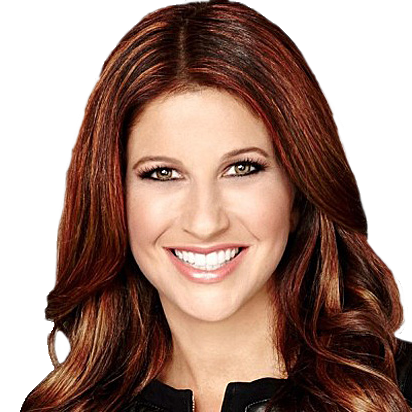 Rachel Nichols
Rachel Nichols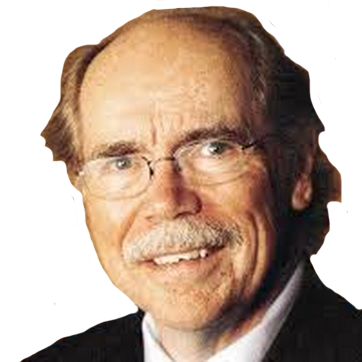 Dave Kindred
Dave Kindred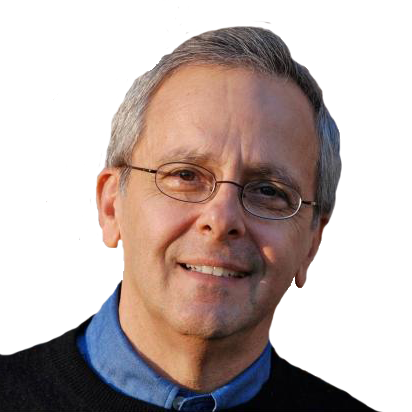 Mike Lupica
Mike Lupica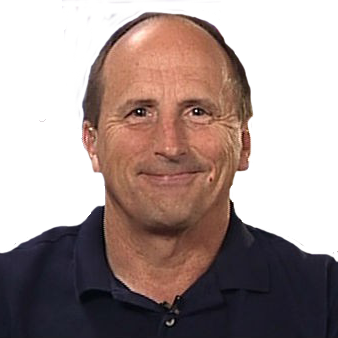 Richard Justice
Richard Justice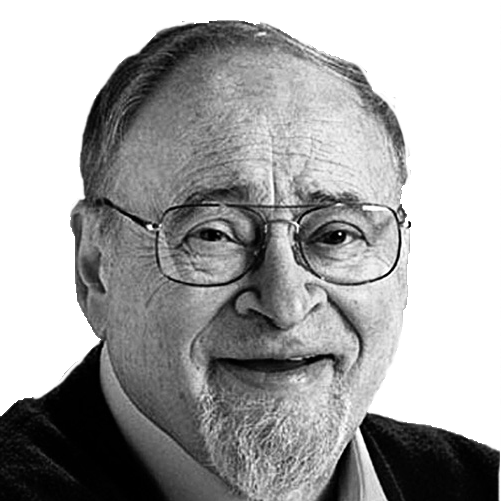 Jerry Izenberg
Jerry Izenberg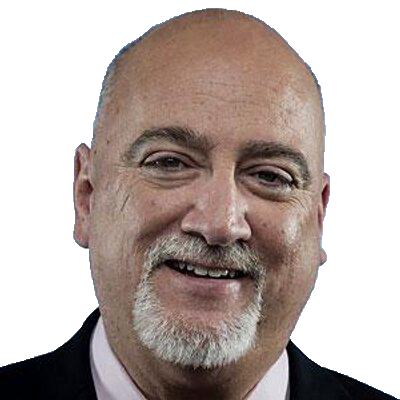 Bill Plaschke
Bill Plaschke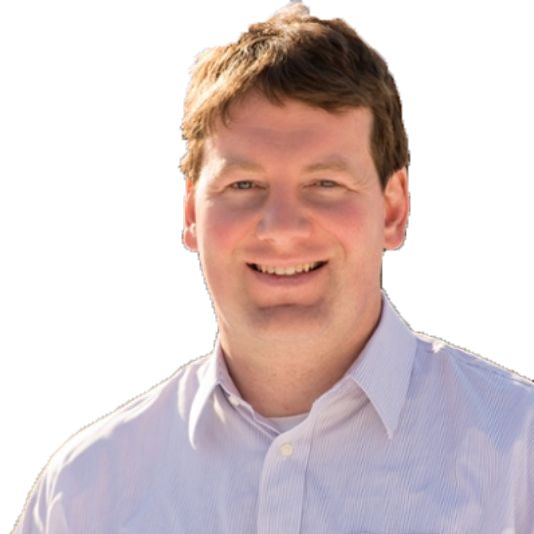 Kevin Van Valkenburg
Kevin Van Valkenburg George Vecsey
George Vecsey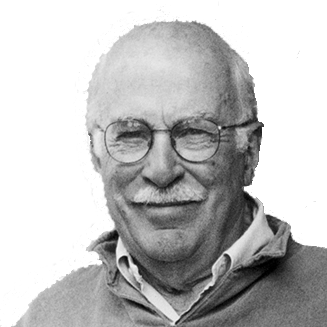 Roger Angell
Roger Angell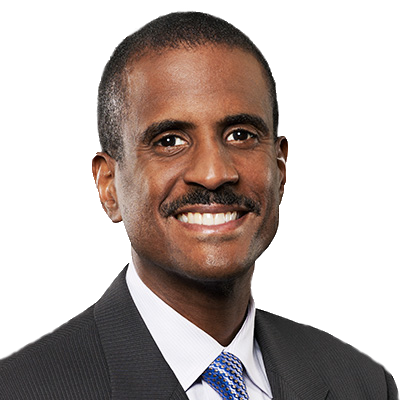 David Aldridge
David Aldridge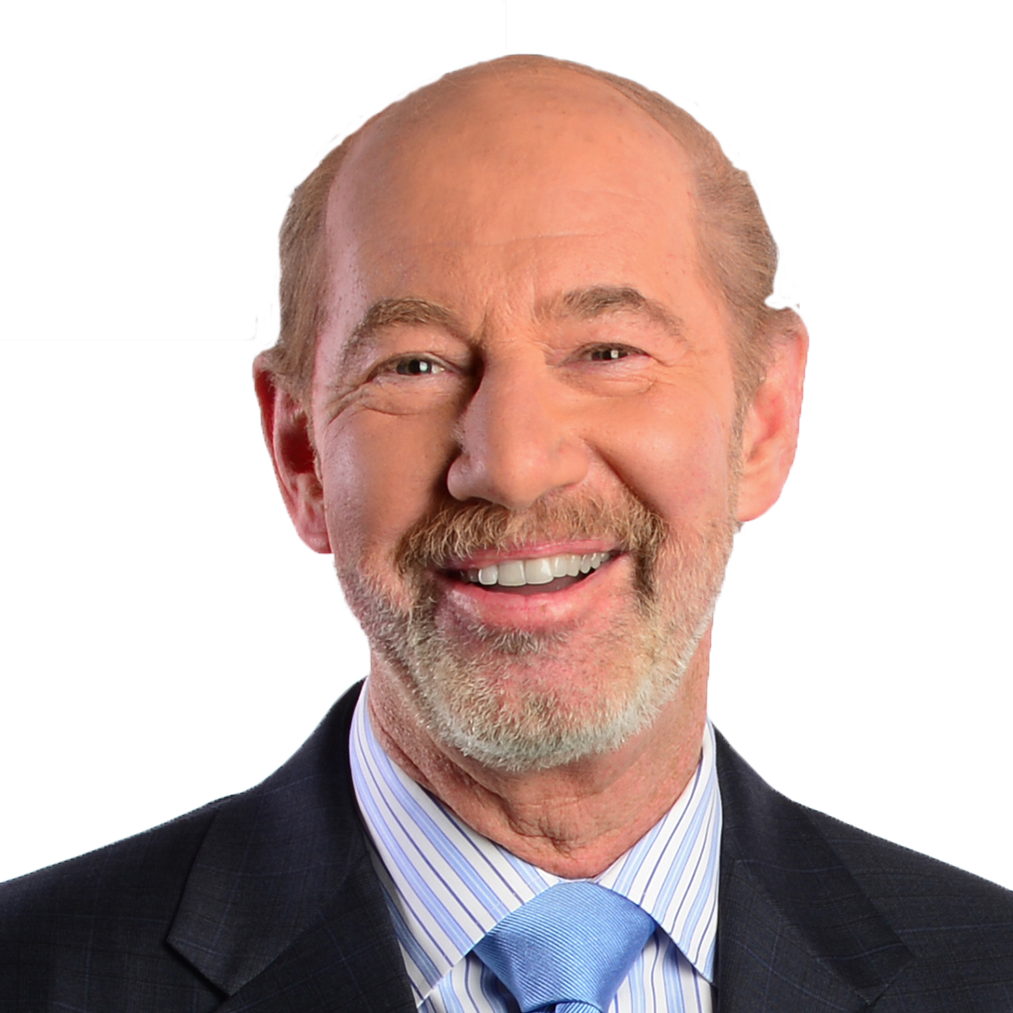 Tony Kornheiser
Tony Kornheiser Jackie MacMullan
Jackie MacMullan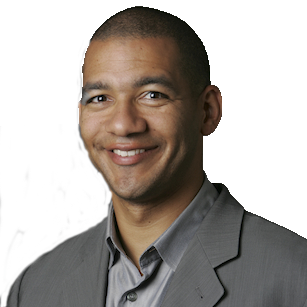 J.A. Adande
J.A. Adande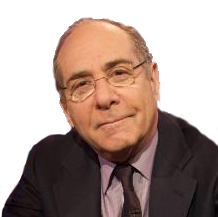 Robert Lipsyte
Robert Lipsyte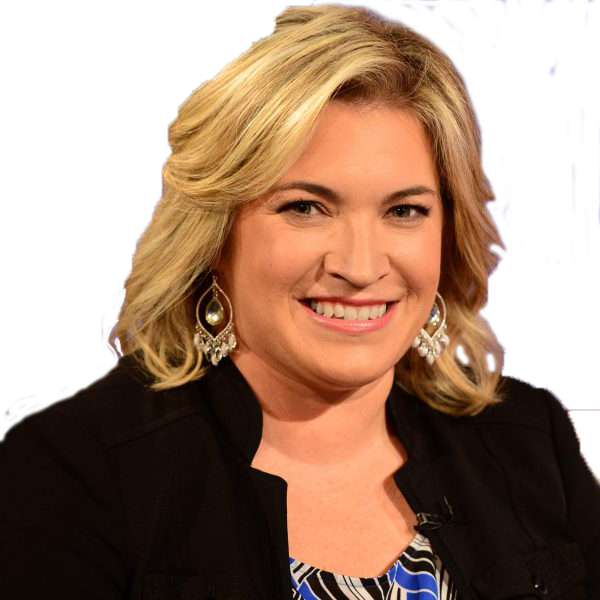 Ramona Shelburne
Ramona Shelburne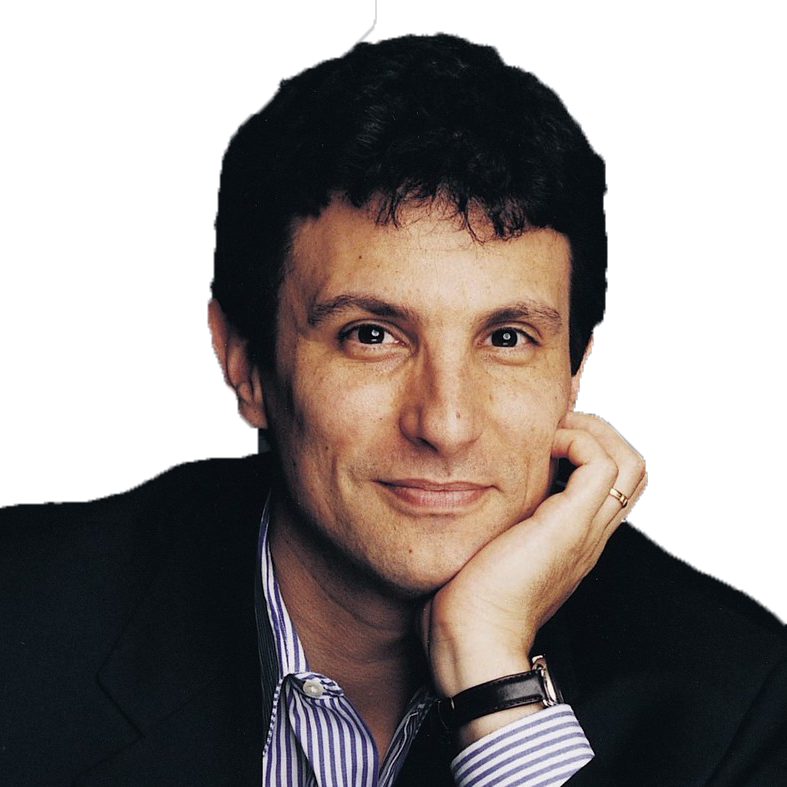 David Remnick
David Remnick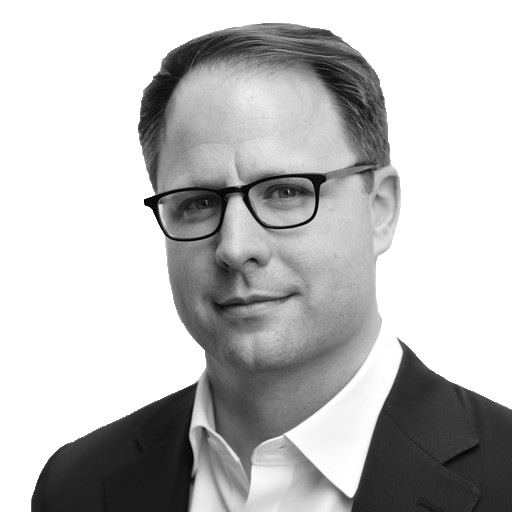 Bryan Curtis
Bryan Curtis Chuck Culpepper
Chuck Culpepper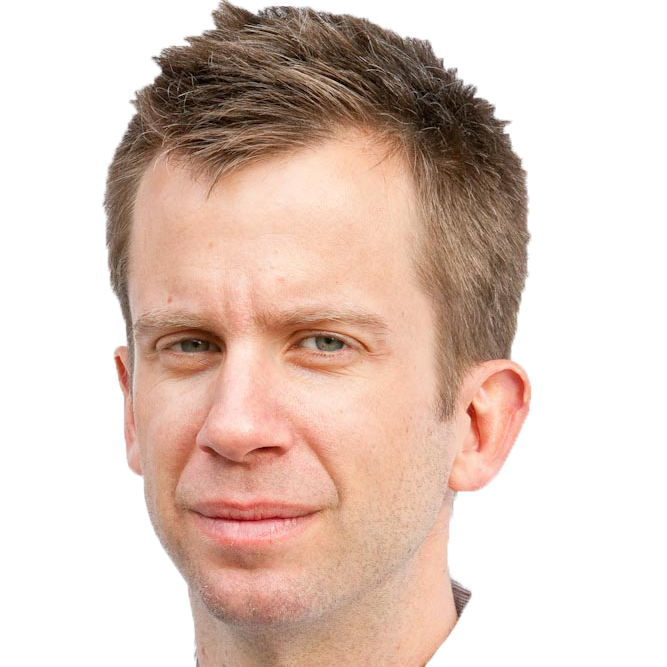 Jason Gay
Jason Gay Heidi Blake
Heidi Blake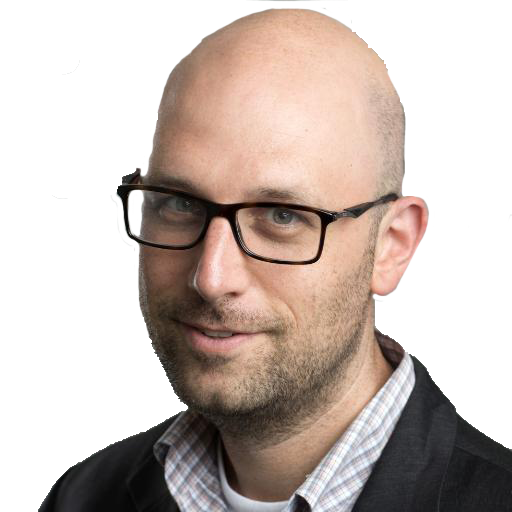 Dan Steinberg
Dan Steinberg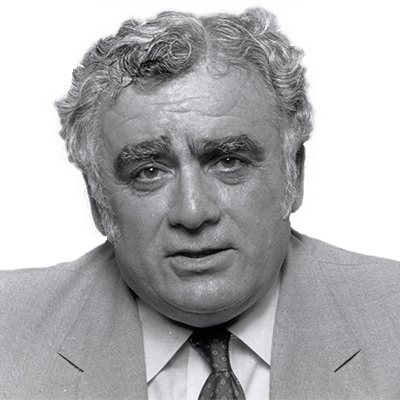 Jerome Holtzman
Jerome Holtzman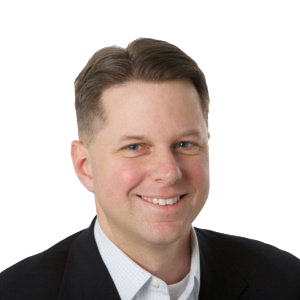 Barry Svrluga
Barry Svrluga
